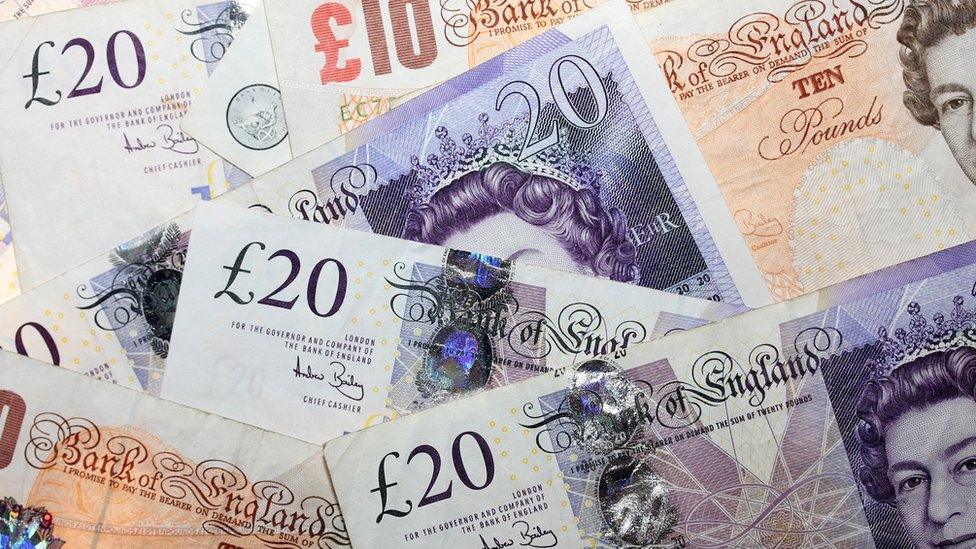City sanguine on snap election call
- Published
- comments

Markets don't generally like surprises and today's announcement certainly qualified as one, but the market reaction has so far been fairly calm.
The pound has gained 1% and although the stock market is down more than 2%, a lot of that happened before Theresa May called a snap election for 8 June.
Still, market watchers are reading the tea leaves and have made a few observations.
Since the big fall in sterling after the referendum result, the pound has tended to rise at times when a softer Brexit has looked more likely and vice versa.
Today's rise in the pound suggests markets are betting that Theresa May will (a) win and (b) win a bigger majority than she currently has, which (c) will make her less dependent on hardline Eurosceptics in her own party.
The theory goes that all this will allow her room to deliver a softer Brexit, which will be less of a shock to the economic system - hence the pound strengthens.
The stock market is falling because most of the UK's largest companies make their money in foreign currencies. As the pound rises, those foreign earnings are worth less in sterling terms.
That is the way markets are reading it today, but as we know, markets can be pretty terrible at reading politics and it is certainly not a done deal that Theresa May will use any consolidation of her position as an opportunity to peddle a softer line on Brexit.
Complex situation
One thing an election in June does give her - if she wins - is more breathing room. She will be under less pressure to deliver a "clean" Brexit in 2019 without the deadline of another election in 2020 bearing down on her.
Facing the country again while possibly still enmeshed in tortuous negotiation (with potentially little control over immigration by then) was an unappealing political prospect.

Business groups have been broadly supportive of the move. All other things being equal, businesses prefer the additional certainty that a government with a larger majority can provide.
The EEF said "a fresh and stable mandate from the country can only provide greater certainty about the future direction of travel for policy", while the CBI had a cooler response, saying: "Distraction from the urgent priorities of seeking the best EU deal and improving UK productivity must be kept to a minimum."
While it's true that this election is a further complication to an already mind-bogglingly complex situation, very little can meaningfully be achieved in negotiations until after elections in France, Germany and possibly Italy.
Everyone else seems to be having an election, so we might as well have one here while the political and economic going is good.
The economy has defied the gloomy prognosis that many, including the Treasury and the Bank of England, gave before the referendum. Average wages are rising a smidgeon faster than prices (although this is expected to change imminently) and there are a record number of people in work.
The economic window for this political gamble is open.